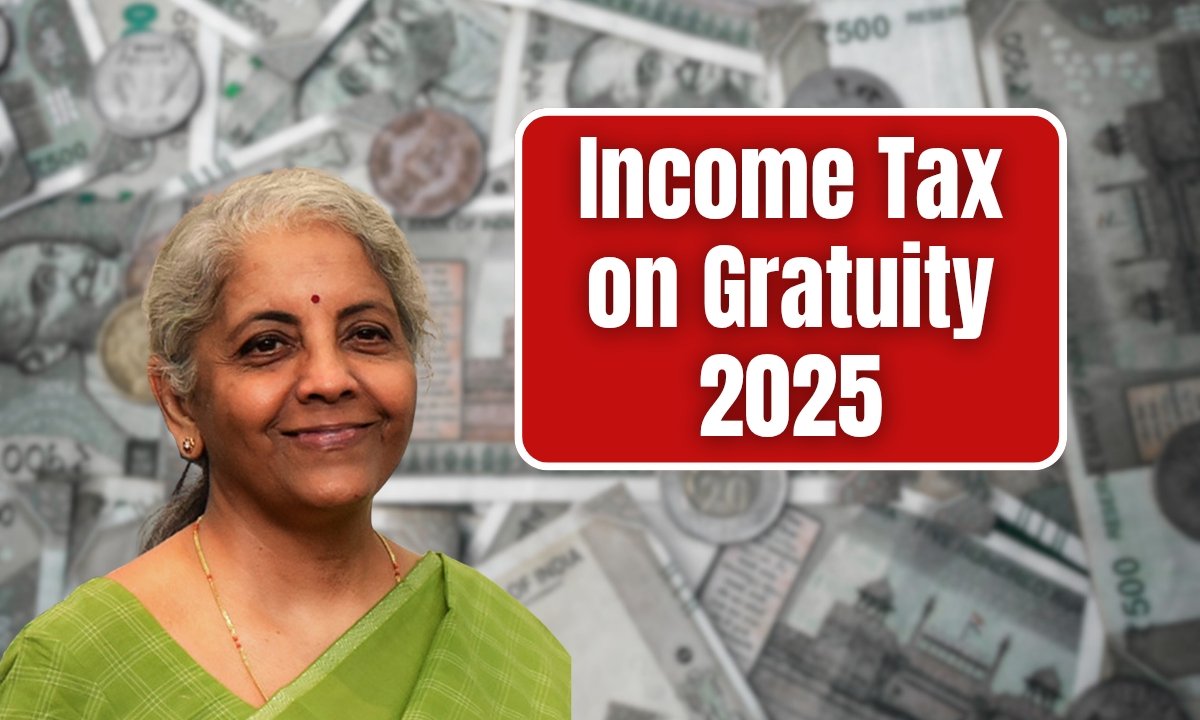Sometimes gratuity is paid as a lump sum by way of compensation for long service and as a retirement benefit. Most often, the payment is made when the employee is going on retirement, resigning after completing prescribed minimum years of service, or some other cases like death or disablement. The gratuity amount depends on salary (basic pay and dearness allowance) and period of service.
Is Gratuity Taxable?
Short answer to the question: It is not in totality taxable. Sometimes gratuity is exempt under Indian laws up to a certain limit from income tax but beyond the set limit, excess gratuity becomes taxable; in case of government employees, gratuity is mostly fully exempted under Section 10(10)(i).
Exemption Limit: How Much Is Tax-Free
In the case of private employees governed under the Working of the Payment of Gratuity Act: gratuity up to ₹ 20 lakh shall remain free from income tax, whereas gratuity exceeding this limit the employee shall be liable to pay income tax. The Government gave itself the advantage of a higher limit. As Dearness Allowance rose, the ceiling for Tax-Exempt Gratuity in favor of the Central Government Employees was also raised to ₹ 25 lakh w.e.f 01.01.2024.
How Taxable Gratuity Is Calculated
In case of private sector employees covered by the Payment of Gratuity Act, the taxable amount is arrived at by deducting from the total gratuity, the exempted portion which is the minimum of the gratuity calculated under the statutory formula, actual gratuity received, and the exemption ceiling. The formula as prescribed under the Act runs as follows:
- Gratuity = Last salary drawn (Basic + DA) × Number of years of service × (15/26)
Here, last salary means a sum of Basic and DA. Considered fully exempt if, due to whatever reason, the gratuity is less or equal to the amount of exemption. Beyond this, the excess amount would charge the tax.
Special Situations And Exceptions
If gratuity has been paid due to death or permanent disability, there may be cases where the requirement of five years of service is waived.
Non-covered employees by Gratuity Act (private employers with less than 10 employees, etc.) are equally eligible, but their calculation and exempted amount are different, using the average salary method and the same ceiling.
What You Should Do
- When you are getting your gratuity, verify whether your employer has deducted the proper tax: with regard to exempt amount vs. taxable portion.
- Check the service record and salary details (especially “Basic + DA”) because that affects the formula.
- If your gratuity is more than the exemption limit, you need to declare that portion as income and file your income-tax return under the applicable slab.
- Keep an update about any changes in tax treatments or exemption ceilings because periodical government orders can effect those limits.
Also Read: DA Arrears Latest Update: 18 Months Payment For Govt Staff On The Way




